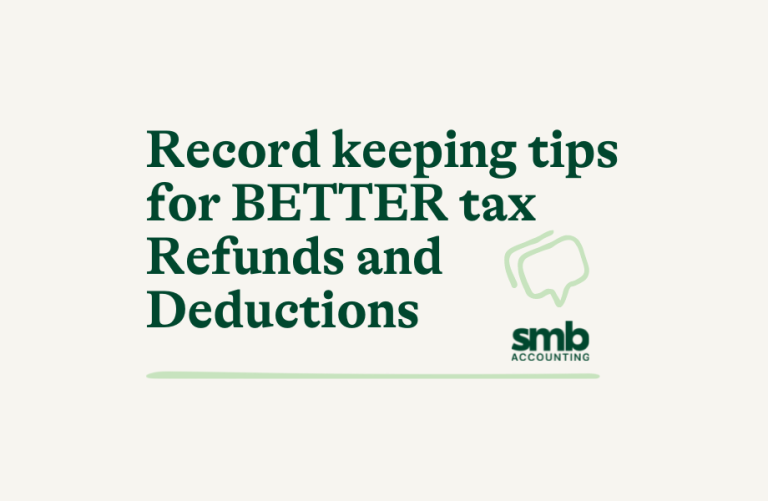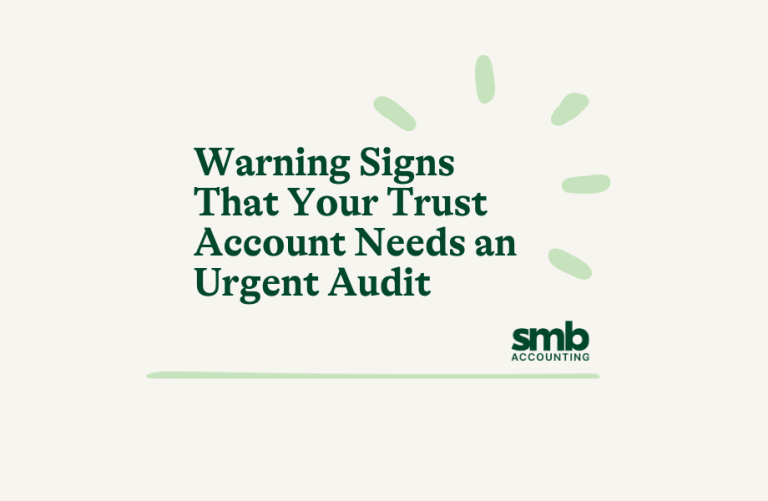Have you ever considered dealing with a customer who hasn’t paid for the products or the services you provided them? When you do fail to collect the money they owe you, that’s considered bad debt. This is an amount of money that can already be considered lost and should be written off in the books.
In this post, SMB accounting. Your trusted business accountants in Sunshine Coast will break down the basics of bad debt, and what you can do so you can keep it from happening to your business:
Debt Management
Even businesses that are considered successful can still fail if they have trouble managing their cash flow. In truth, the Australian Securities and Investments Commission or ASIC reports that mismanagement of cash flow is among the significant causes of businesses going under.
To minimize the risk of overdue payments turning into bad debts, you need to be able to establish clear terms when it comes to payment. You should also set a tighter credit control as well as a process that will help you motivate your customers to pay immediately. When you have debt management policies and strategies in place, that can also be helpful for when a customer runs into payment problems.
If you fail to deal with frequent bad debt or debts that have reached high levels, you would feel a decline in your business. When this happens, you definitely need to employ credit control and management tactics.
Bad Debt Can Impact Your Business
There are a number of ways bad debts can affect your business, including:
Putting you at risk of not being able to pay your own creditors
Affecting your growth and expansion plans
Reducing your cash flow which you use for day-to-day operations
Putting your business at risk of insolvency
How You Can Avoid Bad Debts
While it is inevitable for any business to encounter bad debts once or twice, there are ways you can prevent them from happening to you all the time. Here are some things you can do:
Perform Credit Checks
Before you offer any credit to customers, especially new ones, you should first perform credit checks. You can also request bank references from your new customers. Even existing customers should be credit checked before being allowed to get credit, especially if in large values.
Set Realistic Limits
You can also set credit limits to reduce potential losses due to bad debts. You can increase those limits if the customer proves that they are reliable and responsible with the payments.
Have Customers Sign Clear Terms and Conditions
When you have terms and conditions documented, and they sign it, then the customers know it would be harder for them to neglect the payment, especially if they will incur hefty penalties or will face legal consequences. You should also have your terms and conditions for credit posted on your website.
Send Your Invoices Promptly
Don’t forget to send invoices as soon as the delivery of the products or services is done. Make sure to double-check the address, too. Don’t wait until the end of the month to invoice as this delay will take away the feeling of urgency and could even influence the customers to pay late because you sent the invoice late, too, or worse, not to pay at all.
Conclusion
Never underestimate the effects of bad debt on a company, especially if yours is a small business that’s still trying to get its footing. When word comes out that you are lenient when it comes to credit collection, customers might abuse you and you’ll end up in debt yourself in trying to keep your business afloat. You wouldn’t want all your hard work to go to waste, so do what you can and also hire a small business accounting expert to help you sort things like this.
SMB Accounting has some of the best business accountants in Sunshine Coast. Contact our team today, and we’ll tell you all about our services!




